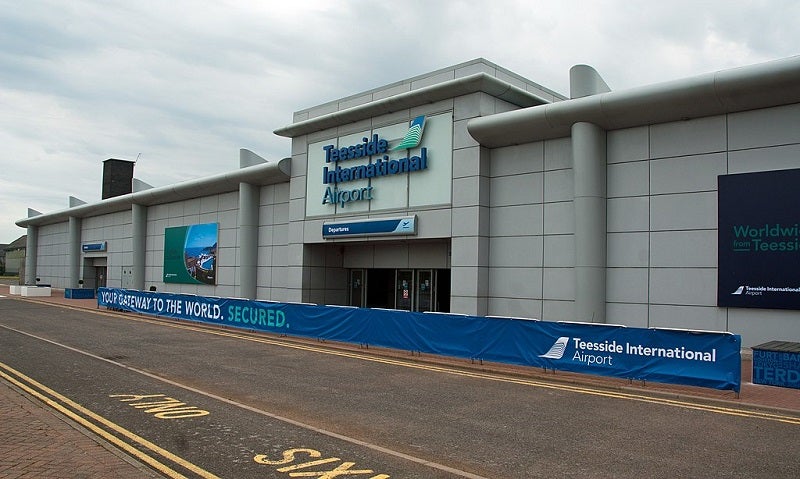
Teesside International Airport (MME) in the UK is set to pilot the country’s first hydrogen transport trial.
The airport has been selected as the UK’s first pilot area for trialling hydrogen-powered vehicles as part of the Tees Valley’s status as the country’s Hydrogen Transport Hub.
Under the $3.44m (£2.5m) project, the airport, along with other Tees Valley organisations, will deploy 100% hydrogen zero-emission engines in their commercial and support vehicles.
A ground support tug for towing aircraft will be converted by ULEMCo to operate on hydrogen.
For the project, Toyota will provide a forklift truck and two Mirai hydrogen fuel cell vehicles with a 643km range.
The airport stated that the testing will focus on how hydrogen-fuelled vehicles can support convenient operations and refuelling and help achieve its net-zero goal.
How well do you really know your competitors?
Access the most comprehensive Company Profiles on the market, powered by GlobalData. Save hours of research. Gain competitive edge.

Thank you!
Your download email will arrive shortly
Not ready to buy yet? Download a free sample
We are confident about the unique quality of our Company Profiles. However, we want you to make the most beneficial decision for your business, so we offer a free sample that you can download by submitting the below form
By GlobalDataToyota will also arrange several hydrogen vehicles across the region’s rapid response services, including emergency response units for the Cleveland Police and NHS patient support.
The intention to launch the UK’s first Hydrogen Transport Hub in Tees Valley was announced in September 2020.
In collaboration with Teesside University, the hub will function as an innovation campus and focus on clean energy research and development.
It will carry out research, development and testing of new hydrogen transport technologies for planes, trains, boats and more.
Tees Valley Mayor Ben Houchen said: “This is yet another huge boost for Teesside, putting our region at the forefront of the hydrogen revolution and developing fuels of the future.
“Following our multi-million-pound redevelopment of our passenger terminal it’s only right we ensure our ground operations vehicles are fit-for-purpose and helping lead the region’s clean energy ambitions.”
This June, the airport tested a new biological threat detection system by specialist technology supplier Kromek for detecting coronavirus in the air.







